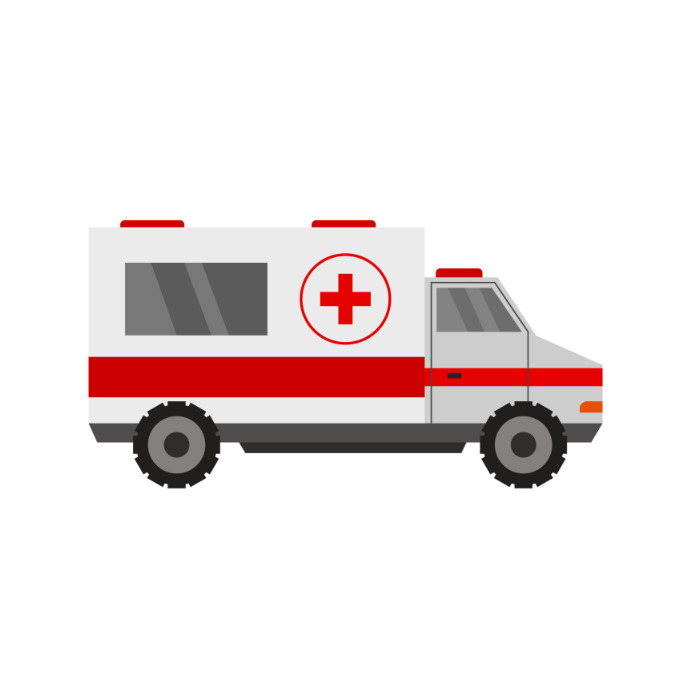24*Emergency
It looks like you’ve mentioned “24*7 Ambulance,” possibly indicating a 24/7 ambulance service. If you have specific questions or if there’s something particular you would like to know or discuss about a 24/7 ambulance service, please provide more details or ask your question, and I’ll do my best to assist you. Whether you’re looking for information on how a 24/7 ambulance service operates, its importance, or any specific aspect, feel free to let me know!
- Emergency Response: A 24/7 ambulance service is available to respond to emergency calls at any hour. This ensures that individuals experiencing medical emergencies or accidents can receive prompt medical attention and transportation to a hospital.
- Swift Medical Transport: The primary function of a 24/7 ambulance is to transport patients to medical facilities quickly and safely. This is particularly important in critical situations where immediate medical intervention is required.
- Emergency Medical Personnel: Ambulances are staffed with trained emergency medical personnel, including paramedics and emergency medical technicians (EMTs). These professionals are skilled in providing initial medical care, administering life-saving interventions, and stabilizing patients during transit.
- Basic and Advanced Life Support: Ambulances may be equipped with both basic life support (BLS) and advanced life support (ALS) capabilities. BLS includes essential medical equipment, while ALS units have additional equipment for more complex medical interventions.
- Coordination with Emergency Services: 24/7 ambulance services work in coordination with other emergency services, such as fire departments and law enforcement, to ensure a seamless and efficient response to emergencies.
- Community Coverage: These services aim to provide coverage throughout a community or region, ensuring that individuals in urban and rural areas have access to timely emergency medical transportation.
- Non-Emergency Medical Transport: In addition to emergency responses, some ambulance services offer non-emergency medical transport for individuals who need transportation to and from medical facilities for scheduled appointments, treatments, or procedures.
- Dispatch Centers: Ambulance services typically have dedicated dispatch centers that receive emergency calls, assess the situation, and deploy ambulances accordingly. Dispatchers play a crucial role in coordinating responses and providing instructions to callers until the ambulance arrives.

